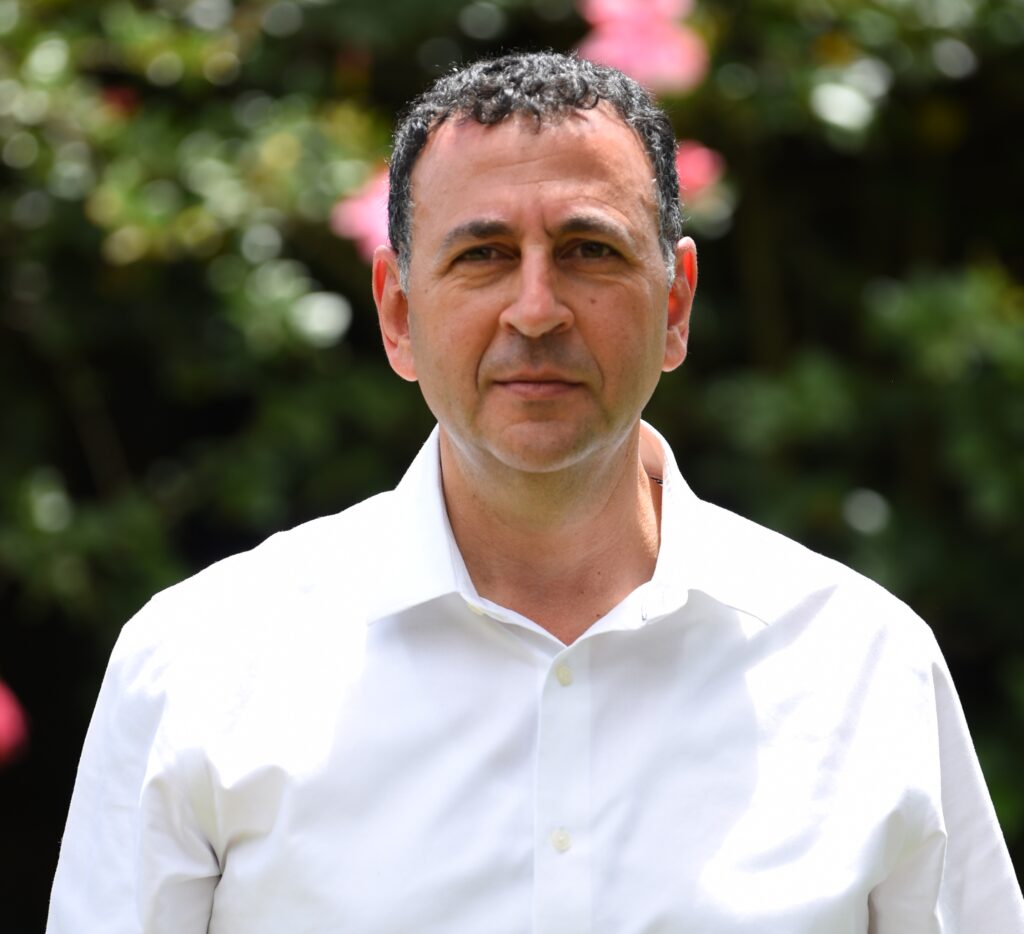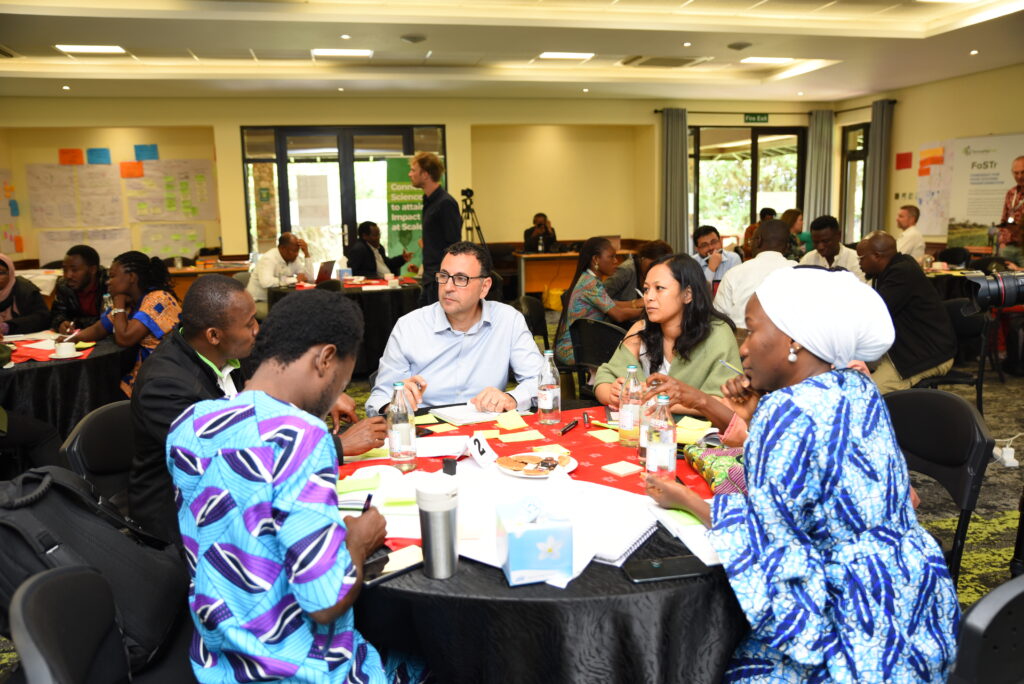Preparations are well underway for the 5th Global Foresight4Food Workshop set to take place in Amman, Jordan, from 15 to 19 June 2025. This dynamic event will bring together foresight thought leaders, innovators, and changemakers from around the world. Designed to spark dialogue, ignite creativity, and drive tangible progress, the workshop offers a unique platform to advance the global foresight agenda for food systems.
In the lead-up to the event, Asem Nabulsi —Foresight4Food FoSTr Programme Deputy Facilitator in Jordan—shares his perspectives on the critical challenges and emerging opportunities shaping global food systems. In this blog, he offers valuable insights into the urgent need for systemic change and highlights the powerful role foresight can play in building a more equitable, nutritious, and sustainable future.

Beyond the Macro Lens: Reclaiming the Food System Narrative
A critical concern shared by many in the global food space is that the decisions influencing food systems are often made at the macro level, detached from the lived realities of communities and the interconnected outcomes they produce. The fragmented approach overlooks how policies and practices affect health, nutrition, livelihoods, and the environment. Foresight provides the structure to consider these dimensions together, helping stakeholders envision multiple futures and make informed, holistic decisions.
Sharing Real-world Experiences

The success of the upcoming Foresight4Food Global Workshop hinges on more than dialogue—it depends on active participation, sharing real-world experiences, and co-creating concrete, implementable recommendations.
When foresight thought leaders, innovators, and food system stakeholders from around the world sit together, it should not just be about knowledge exchange; it should be about laying the groundwork for lasting change through mutual understanding and collective action.
From Dialogue to Action: Integrating Insights into Practice
I see this global workshop as a springboard to rethink professional strategies. One needs to fully understand the importance of multistakeholder perspectives and collaborative design of actions that consider the full spectrum of affected groups. This approach ensures that decisions are not only visionary but grounded in equity and practicality.
Regional Collaboration: The Untapped Potential
While food systems are often discussed within national borders, I would like to remind you that no country exists in a vacuum. Regional interdependence, from raw materials to trade and market access, necessitates greater collaboration. To build more resilient food systems, I suggest enhancing bilateral and multilateral trade, establishing regional food hubs, diversifying trade routes, and creating supportive regulatory frameworks. These steps could buffer regions against future disruptions and strengthen food sovereignty.
The Leadership Imperative
Leadership is essential for steering transformation. Setting a suitable regulatory environment, mapping the current food system and agreeing on the goals and best way forward to reach the desired goals, fostering a cooperative environment for change, uniting stakeholders understanding and action towards the desired goals, taking the decisions and actions that incentivise actions that enhance positive food system transformation at the different levels and for different stakeholders, raising awareness for all actors affecting and being affected by food systems, creating a national re-iterative process to regularly examine the efficacy of changes made and looking out for changing factors that might affect the food system, and starting the communication and actual practical steps for regional cooperation.
From Vision to Implementation: Making Collaboration Stick
A practical roadmap to ensure the workshop leads to a lasting impact is to focus on the importance of moving from vision to implementation. It means building a shared understanding, defining common goals, and designing actions that are informed by the perspectives of diverse stakeholders across multiple levels. Open discussions around potential trade-offs and strategies to mitigate negative impacts are also key. To translate dialogue into action, I would highlight the need for clear, well-defined plans with assigned responsibilities and timelines. I believe that this structured yet adaptable approach is crucial for fostering durable cross-sector collaboration and meaningful progress.
With these reflections in mind, I look forward to welcoming you in Jordan and seizing this unique opportunity to catalyse both regional and global efforts toward meaningful food system transformation.